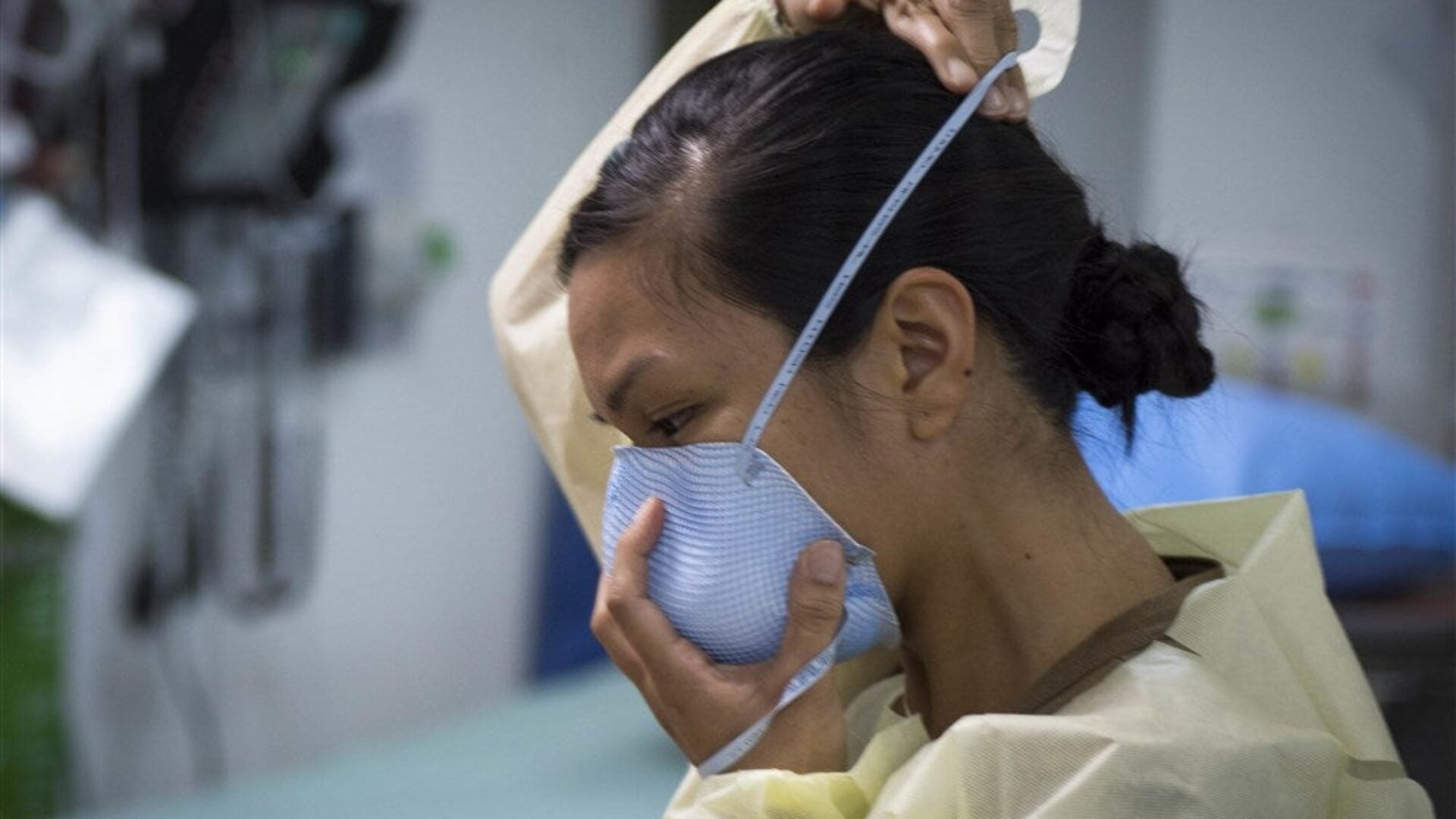What Does the Status of Women Reveal about a Nation’s Pandemic Preparedness and Response?

This research note co-authored by the Georgetown Institute for Women, Peace and Security and the PRIO Centre for Gender, Peace and Security investigates the relationship between women’s wellbeing and risk factors associated with an overwhelming COVID-19 outbreak. Are nations that perpetuate injustice, exclusion, and insecurity for women less prepared to handle an epidemic outbreak, like COVID-19? We investigated the relationship between women’s wellbeing (as measured by the Women, Peace, and Security Index) and risk factors associated with a COVID-19 outbreak that exceeds a nation’s capacity to respond (as captured by the INFORM Epidemic Risk Index). The overall association between the WPS and INFORM Epidemic Risk indices reveals a strong negative correlation of -0.86. This suggests that countries that do poorly on women’s inclusion, justice, and security are at higher risk during a pandemic. The significance of the correlation holds even when we control for per capita income, regime type, and other factors thought to be relevant. Correlation does not signify causation, but it is interesting to see that in countries where women enjoy a higher level of well-being, the government is generally better equipped to handle epidemics.
Download the full report here.
Explore More

Women, Peace, and Security Shadow Report to Congress: What Was Built, What…

WPS Index 2025/26
